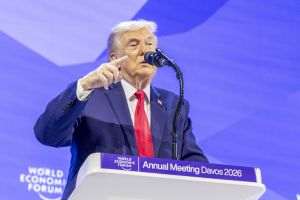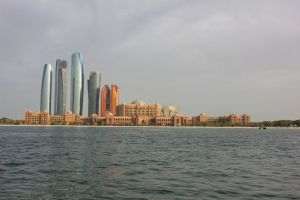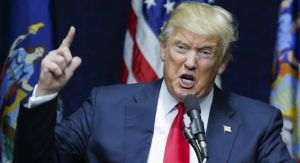Good news travels as fast as bad. The rate of deforestation in the Brazilian Amazon fell by 30.6% in one year, between August 2023 and July 2024, a development presented as a success for President Luiz Inacio Lula da Silva, who promised to fight resolutely against the phenomenon. Environmentalists welcomed the development, but stressed that deforestation is far from stopped and that reforestation efforts are also indispensable. According to Brazil's National Institute for Space Research (Inpe), 6,288 square kilometers of primary forest were deforested in the region in these 12 months. This is "the lowest result in the last nine years of monitoring," said Inpe director Gilvan Oliveira. According to him, the policy of the government of Luiz Inacio Lula da Silva in the fight against deforestation has made it possible to avoid the deforestation of 7,900 square kilometers of tropical forest. Further south, the rate of destruction in the Cerrado region, the savannah with the richest biodiversity in the world, also decreased by 25.7%, with a loss of vegetation equivalent to 8,174 square kilometers, according to the same source, the lowest since 2019. The destruction of the Amazon and the Cerrado savannah is mainly caused by agricultural exploiters who want to expand their land for crops and livestock, activities that Jair Bolsonaro has always encouraged. Brazilian Environment Minister Marina Silva welcomed a "significant decrease" in the rate of deforestation in these two areas, given that her country will host the United Nations climate change conference (COP30) in Belem next year.
For Mariana Napolitano, executive director of WWF-Brazil, the decrease in deforestation is "good news", but, according to her, the trend must be maintained and accelerated, given the extreme weather events that have recently hit Brazil. "We need to reforest some of what has been destroyed in recent decades, especially in the case of the Amazon, which is approaching a point of no return, losing its capacity to regenerate", she stressed in a statement. The largest tropical forest in the world is crucial for the climate, absorbing huge amounts of CO2. With the re-election of Donald Trump, who predicts a withdrawal of the United States from climate diplomacy, these "figures represent a triumph for (Brazil) and a victory for Lula" at a time when "the result of the American elections thwarts multilateral climate governance", the Climate Observatory collective reacted in turn. Brazilian President Luiz Inacio Lula da Silva took office in January 2023 - for the third time - with forest protection as one of his priorities. Da Silva has pledged, in particular, to reduce deforestation in Brazil to zero by 2030.









































